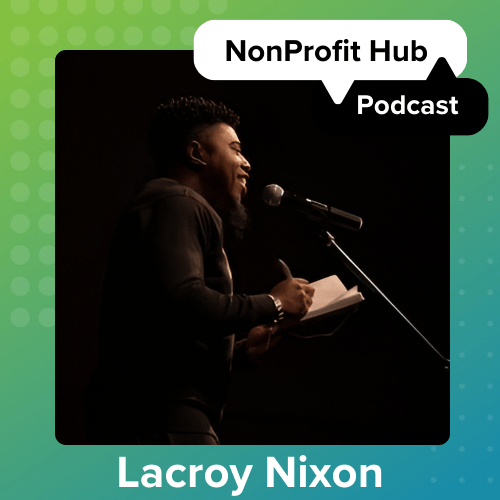One of the most important pieces of advice I can give to growing nonprofits is something that I heard years ago from a business consultant: be slow to hire and quick to fire. It may sound heartless, but we often rush to fill open positions and then are slow to act when we realize we’ve made a hiring mistake.
As a 30-year nonprofit consultant, I’m no longer surprised to hear of organizations suffering from revolving doors of staff. Taking the time to find the right employees can make a world of difference, yet, time and time again, I see nonprofits rushing the hiring process.
I get it: most organizations are understaffed to begin with, and going any period of time with one less employee can be stressful for any organization. And if it’s a development position there can be some very real financial implications as donations decline or things fall through the cracks. It makes sense for organizations to want to get a body behind that empty desk as quickly as they can. Here’s the catch: If you don’t hire the right person, short-term fundraising totals will dip, and there could be long-term damage to the reputation of the organization and to critical donor relationships.
So, what should you do? How do you properly select a candidate? Here are seven steps you can take to hire slowly in order to set your nonprofit organization up for success.
Identify 6-10 candidates for phone interviews
If you don’t have many candidates, you should extend the search and keep looking. I know that the market for good candidates is tight, especially for fundraising roles, but hiring has long term implications. You need to make sure you have a good pool to choose from.
Schedule 30- to 45-minute phone interviews
Try to schedule them all for within one or two days of each other. That way they will all be fresh in your mind as you evaluate.
PRO TIP: A candidate who takes the time to find a quiet spot with a strong signal has an edge because it shows planning and a level of seriousness about the call.
Ask each candidate the exact same questions
This levels the playing field by allowing you to compare apples to apples. You’ll want to ask routine questions, including how they might handle a difficult solicitation, address a subordinate’s job performance or respond to an ethical dilemma involving a gift. Also, make sure you ask them questions that get directly at your needs. If you need someone who has experience making personal solicitations, make sure you ask questions that get at that information. The actual answers may not be as important as the fact that they have answers, indicating that they’ve been in those situations before.
Interview your top 3 candidates face-to-face
Make sure they’re interviewed by whoever will be their direct supervisor and any other employees they will take direction from.You need to use caution if you plan to let peers or subordinates participate in the interviews, as they may have a different agenda than the organization’s management and leadership.
Spend some time on culture
Skills and background aren’t the only important factors to consider. You need to know—yes know— that they will fit with the organization’s culture. You could hire the best, brightest, most experienced candidate in the world, but if they’re a misfit with the culture they could adversely affect your whole staff.
Get all the interviewers in one room to debrief
Have everyone submit written evaluations within 24 hours of the interview. Then it’s time to have more free-flowing conversations. Get everyone who conducted an interview in a room to compare notes. I have often found, as a CEO, that my experience interviewing a candidate is much different than others on my team. For some people, being interviewed by the CEO seems more like an interrogation, and their anxiety impacts the entire process. They may be more relaxed with others on your team and give them an entirely different perspective. This can be hard to tease out from a written evaluation (especially if you use some type of “score sheet”), but is often identified when everyone shares their impressions out loud.
Review the evaluations to select a candidate
Before you begin the interview process, you should determine who is providing input and who is making the final decision. Whoever is responsible for the hiring decision should review all available information and determine the best candidate. If you’re the CEO and you delegated the final decision at the outset, don’t overrule whatever decision is made. Provide all the feedback you can, but don’t undermine the hiring authority that you relinquished, or you will demoralize the enthusiasm of your leadership team.
Evaluate performance honestly from day one
I can’t tell you how many times I’ve seen leaders allow an employee to struggle in a new job for far too long. When we hire someone, we want them to succeed, partly because their failure is also our failure. We often make excuses about why we should give them more time but that is rarely the solution. Don’t let one failure become two. Do an honest, 30-, 60- and 90-day assessment of performance and potential. If the performance is not up to par, you need to be honest about whether the potential for improvement is really there. Leaders often don’t fully appreciate the damage done to an organization when they create the perception (or reality) that mediocrity in doing your job is acceptable.
If you take your time filling critical leadership roles, you will prepare the organization for reaching future goals. Taking shortcuts and trying to get someone in the door as fast as you can is likely to set you back in the long run. You might find yourself repeating the whole recruiting process six to nine months down the road. Nobody wants that.






